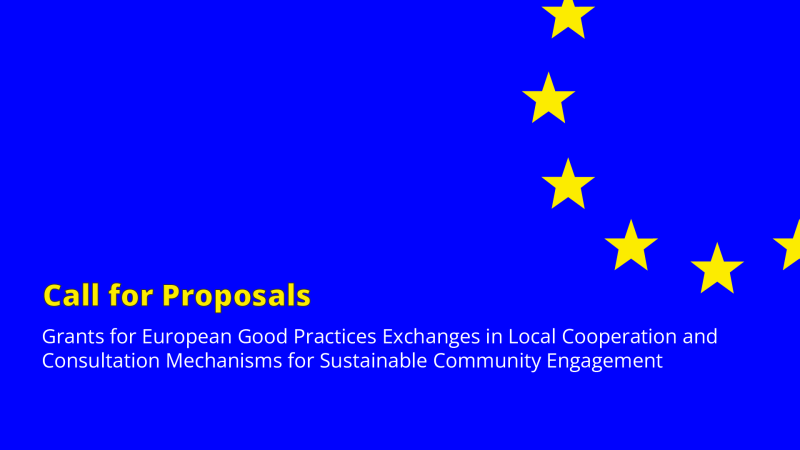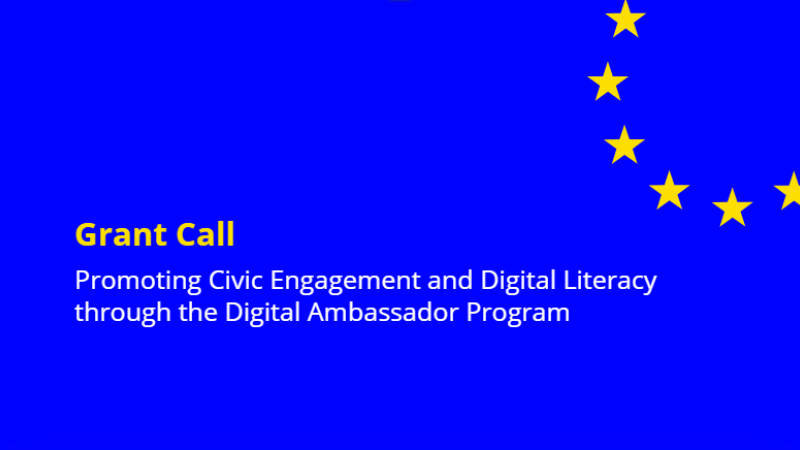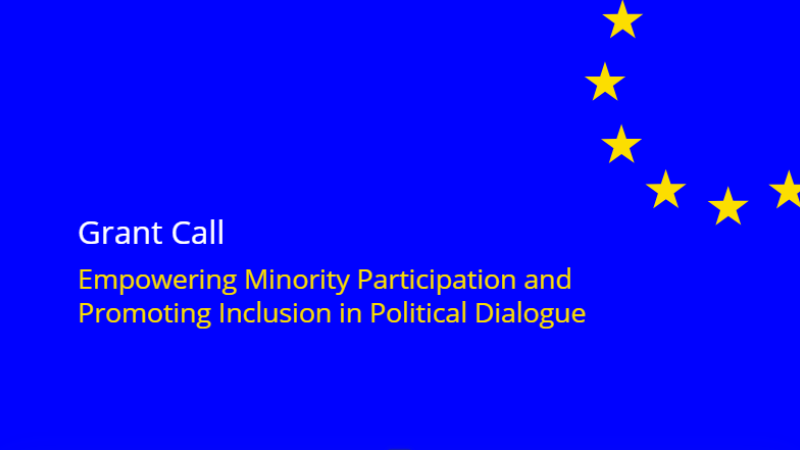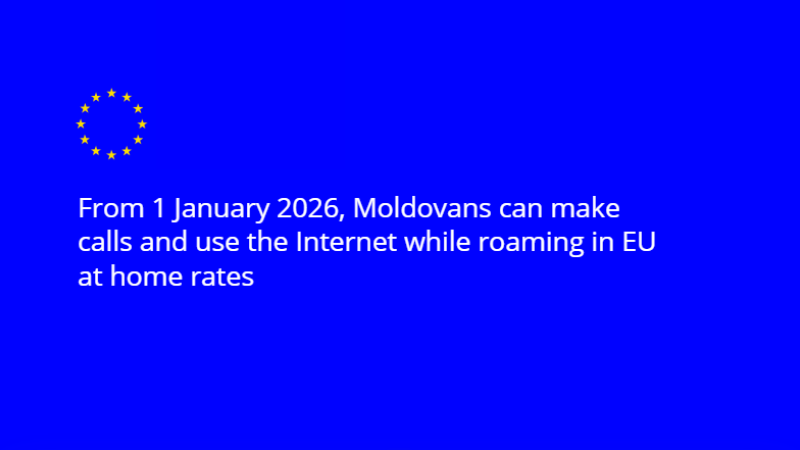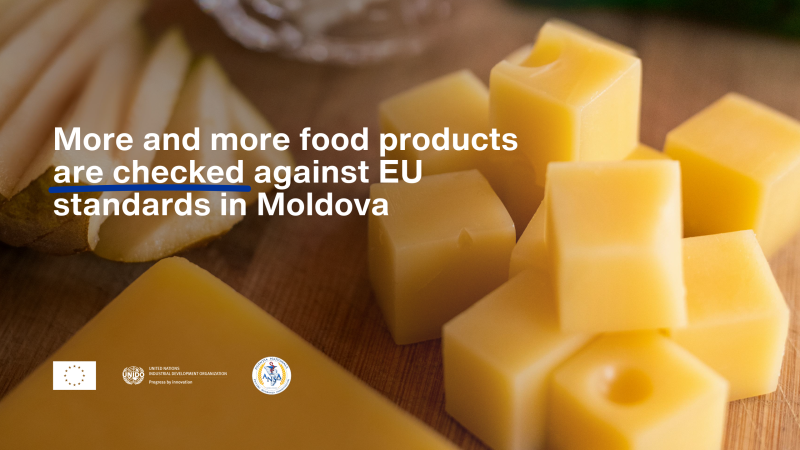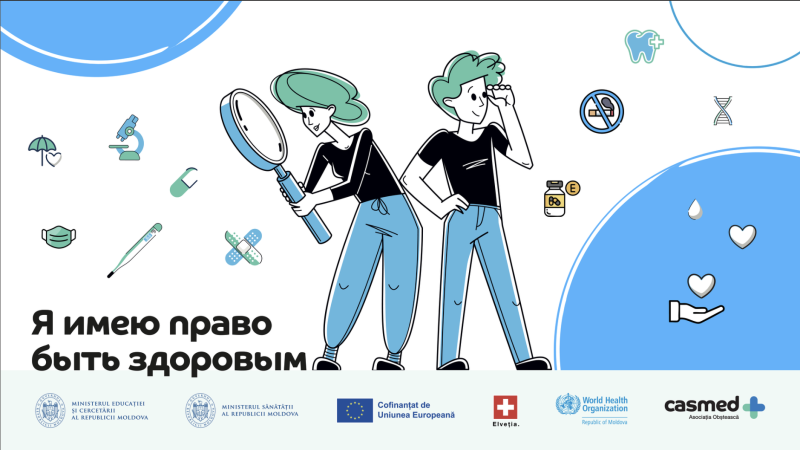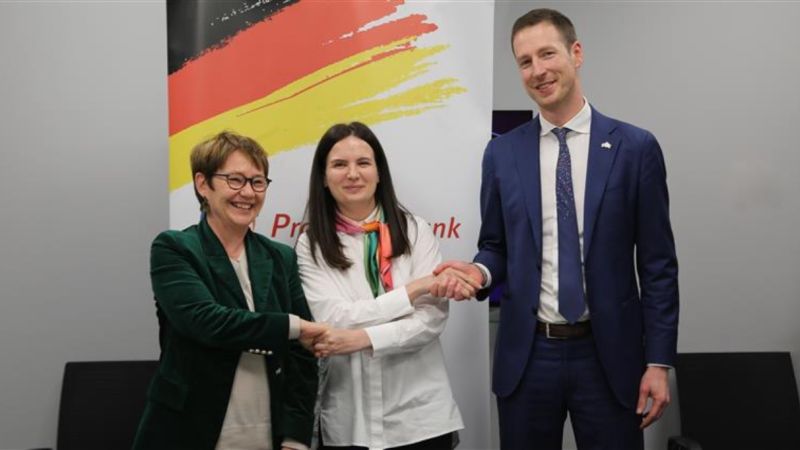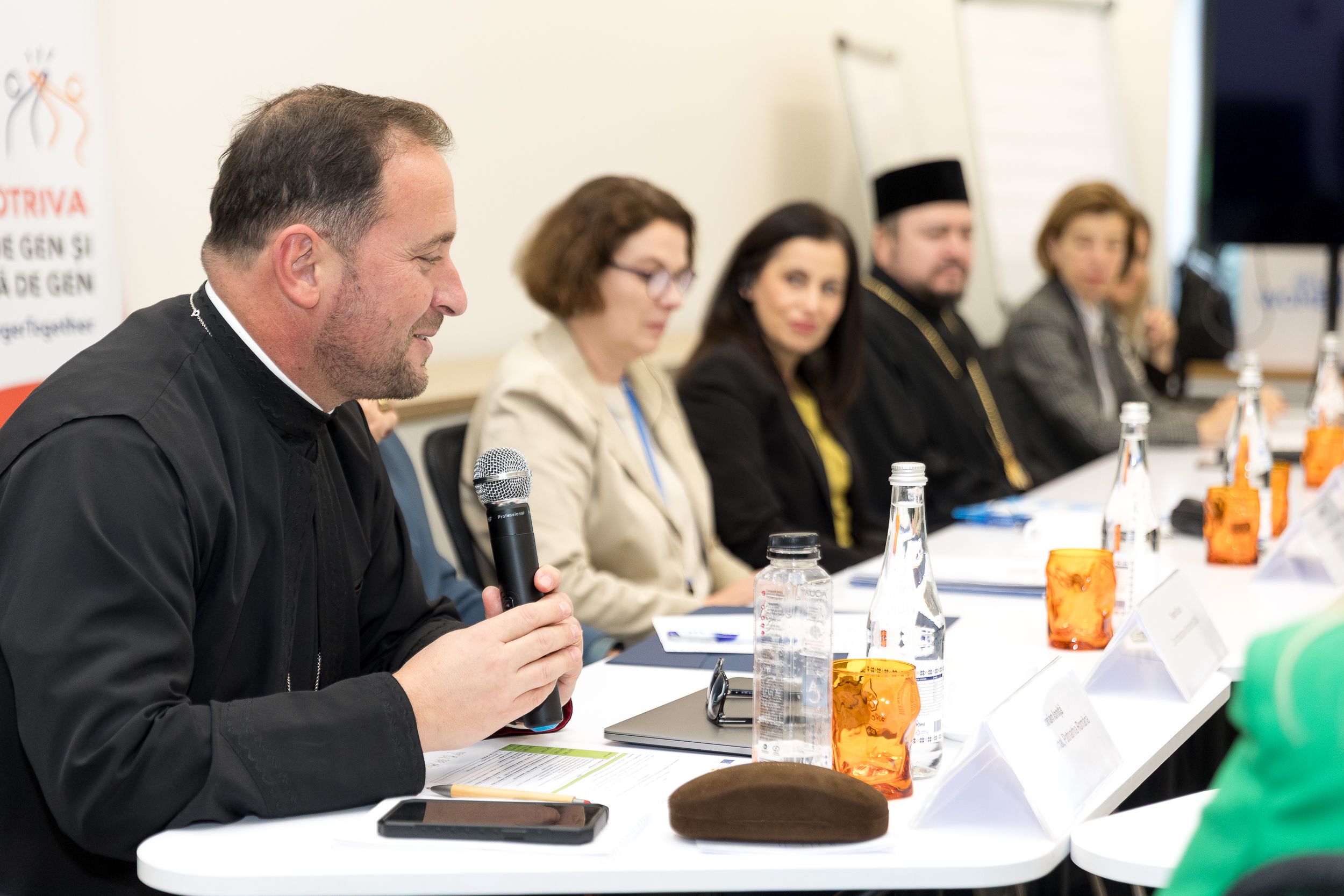
Religious leaders promote gender equality and prevent domestic violence
Ten religious leaders are now better prepared to contribute to preventing and responding to domestic violence. This progress was made possible through a project implemented by the Social Mission “Diaconia” as part of the “EU 4 Gender Equality: Together against gender stereotypes and gender-based violence” programme (phase 2), funded by the European Union and jointly implemented by UN Women and UNFPA.
Throughout one year, the priests involved in the project participated in trainings and conferences on promoting gender equality and eliminating domestic violence, and later organized discussions with parishioners in ten communities.
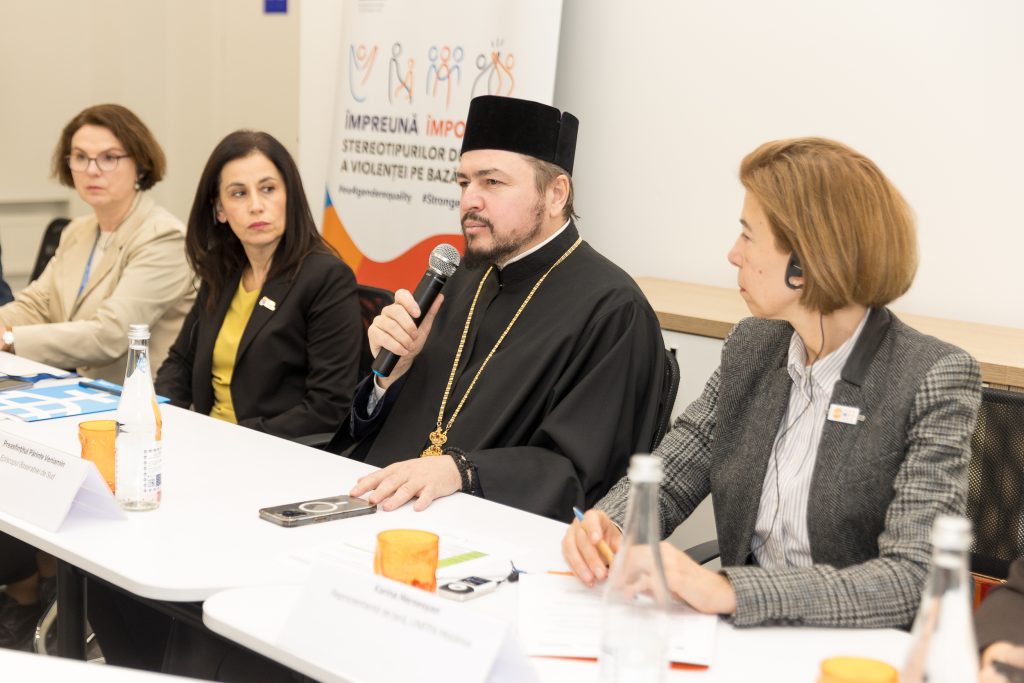
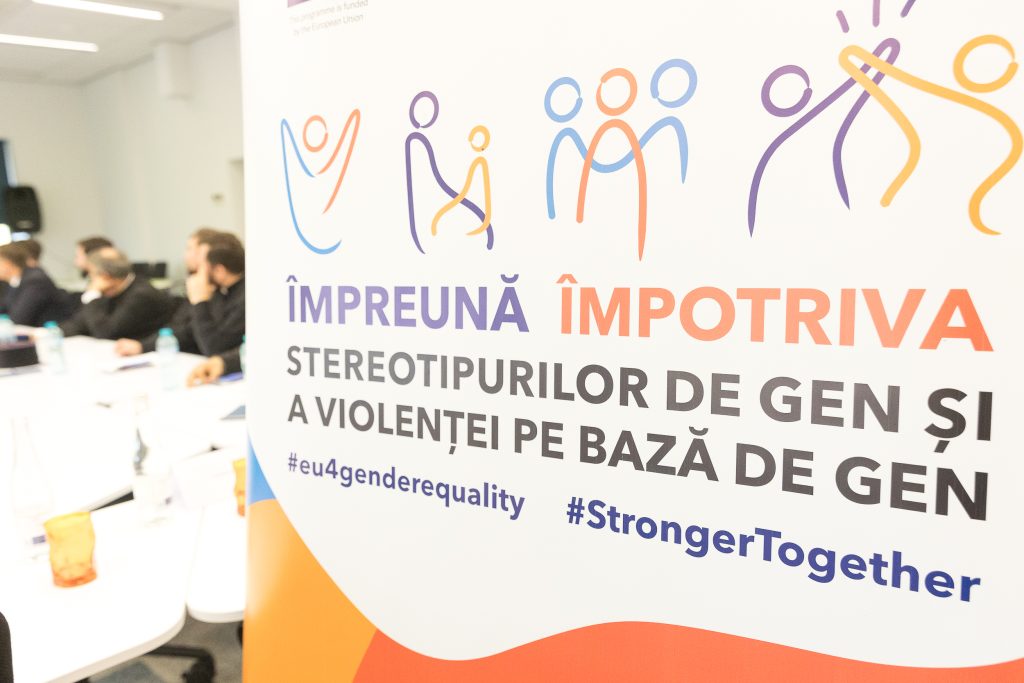
On 15 October 2025, religious leaders, representatives of central authorities, international organizations and philanthropic partners gathered to reflect on the results of the project “Love for One’s Neighbour: Empowering the Religious Community to Prevent Domestic Violence in Rural Areas.” The event provided space to review activities undertaken, achievements, and future priorities for action.
“Through initiatives like this, we can prevent violence, bring hope and encourage those who are living through such situations to speak up. These projects support people facing real challenges, and by walking alongside them, we can find solutions together. Let us be, as the Saviour said, ‘the light of the world’ and ‘the salt of the earth.’ Let us guide through our example, so that good deeds may flourish. To reduce violence and its impact, each of us, in our respective roles, must help instill in young people, in families, and in children a Christian conduct worthy of the civilized world we live in,” said His Grace Veniamin, Bishop of Southern Bessarabia, in the opening remarks.
“We live a reality in which only one in ten women report violence, and every year more than 20 women are victims of femicide. For this reason, all our daily efforts seek to encourage more women and girls to report violence. Until we reach that point, we recognize the vital role of the Church in supporting survivors during moments of suffering,” noted Viorica Țîmbalari, General Director of the Agency for Preventing and Combating Violence against Women and Domestic Violence.
Julda Kielyte, Team Leader at the Delegation of the European Union to the Republic of Moldova, also underlined: “The lessons learned from this project come at a crucial time, as Moldova advances on the path to EU accession, where the protection of fundamental rights – including every woman’s and every child’s right to live free from violence – is essential. This is why the EU Growth Plan for Moldova places strong emphasis on expanding shelters and specialized services for survivors of violence, as well as establishing a national database to improve coordination and data quality”.
UN Resident Coordinator in Moldova, Yesim Oruc, highlighted: “The core mission of the United Nations is to prevent violence and maintain peace globally, and religion and faith pursue the same purpose – encouraging peace and respect for all human beings – women, men and children alike. This initiative aligns with the UN Secretary-General’s call to all religious leaders to be actively involved in peacebuilding efforts worldwide.”
Dominika Stojanoska, UN Women Moldova Country Representative added: “This initiative has demonstrated how important it is to collaborate with the Church, the institution with the highest level of trust among the population. The Church is also one of the few institutions reaching the most remote communities where support services are not accessible. Through the voices of priests and the activities carried out, key messages on preventing violence have reached more people”.
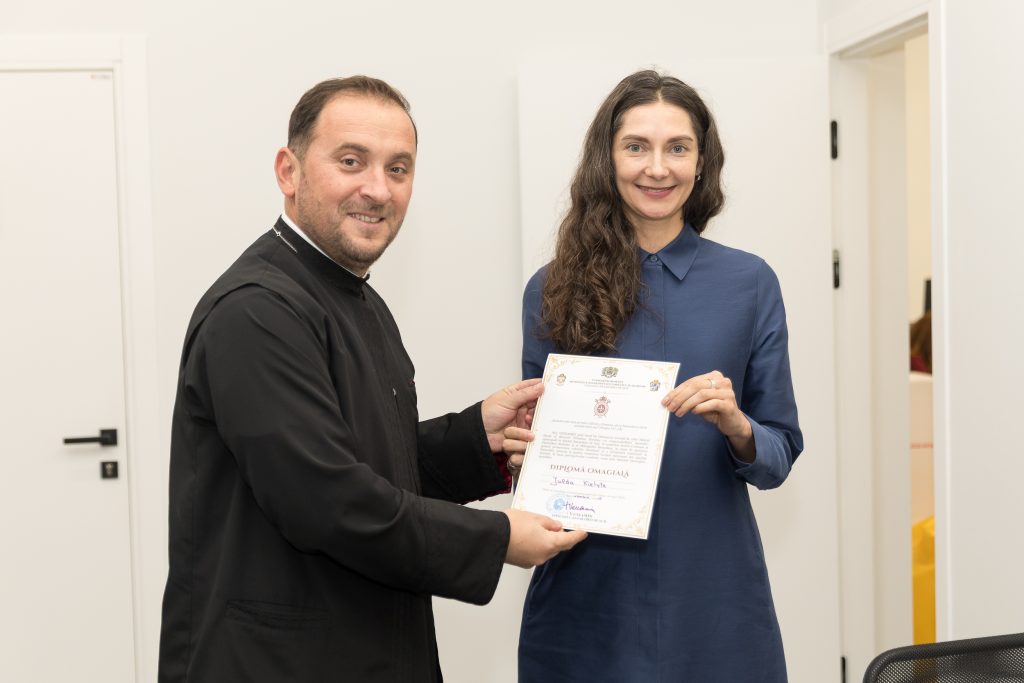
Karina Nersesyan, UNFPA Representative in the Republic of Moldova, emphasized: “Religious leaders are trusted voices and moral guides who can help challenge harmful social norms and promote relationships grounded in respect, compassion and dignity. That is why we encourage religious and community leaders to continue this effort in close cooperation with civil society, authorities and development partners.”
“We have taken an important step toward building a systemic response to domestic violence. Together with other Church entities and our partners, we are creating a support network capable of bringing guidance and assistance to every parish and community”, stated Igor Belei, Executive Director of the Social Mission Diaconia.
Key activities and results
During implementation, the project included several community-based initiatives aimed at strengthening the link between faith, family and the values of gender equality:
Conference “Family Under the Protection of Faith: An Interdisciplinary Dialogue on Domestic Violence”
Training of Trainers (ToT): “Domestic Violence and Addressing Stereotypes in the Light of Christian Orthodoxy”
Training of Spiritual Mediators
Community events “Family – Fortress of Love”
Project’s long-term impact
The project strengthened a network of priests better prepared to promote gender equality and prevent domestic violence, demonstrating that spiritual messages can become a powerful catalyst for social change.The Church is not only a place of prayer – it provides counseling, supports people in distress, stays close to families in crisis, and collaborates with local actors to offer real solutions.
This closing event does not mark the end, but rather the beginning of a continued mission: to sustain the daily commitment of the Church and local communities to support families, promote mutual respect, and help eliminate domestic violence.
This article is developed in the framework of the “EU 4 Gender Equality: Together against gender stereotypes and gender-based violence” programme (phase 2), funded by the European Union, implemented jointly by UN Women and UNFPA.
